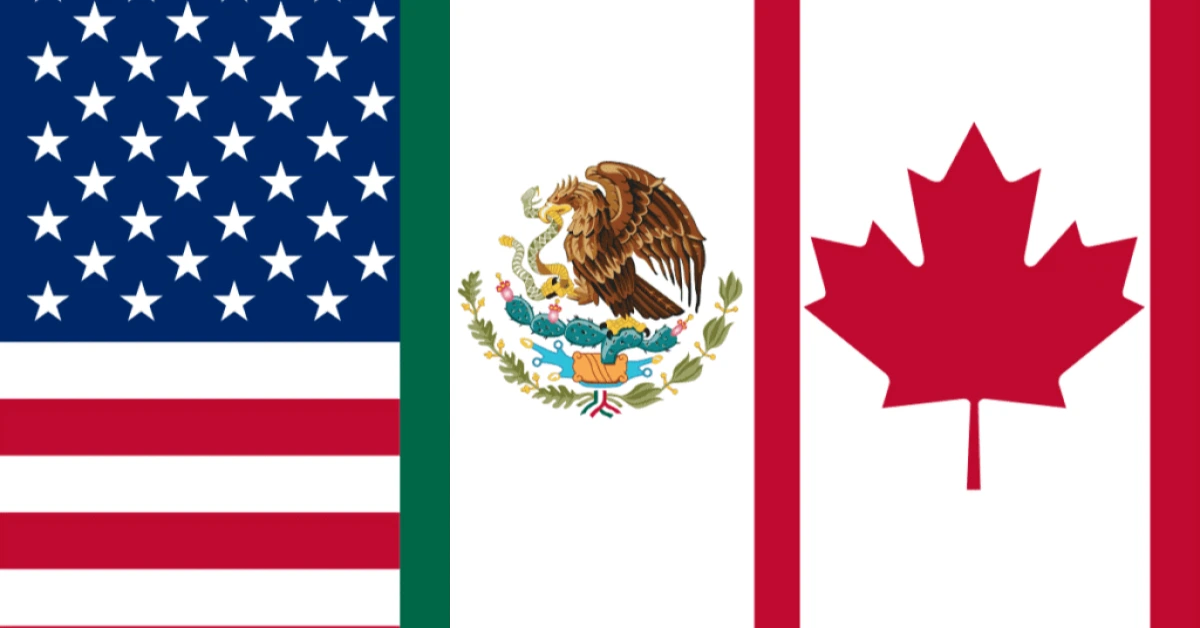
USA – President Donald Trump has confirmed that tariffs on Canada and Mexico will take effect on March 4, following a delay of nearly a month.
In a Truth Social post on Thursday, he also announced an additional 10% tariff on Chinese imports starting the same day.
This announcement follows Trump’s earlier statement that he plans to impose 25% tariffs on cars and other goods from the European Union.
These EU tariffs are expected to take effect on April 2, aligning with his reciprocal tariff policy aimed at balancing trade between the U.S. and other nations.
Trump had originally scheduled the Canada and Mexico tariffs to start on February 4 but postponed them after both countries agreed to address fentanyl trafficking into the U.S.
However, he now claims that illegal drugs continue to enter the country at “unacceptable levels,” leading to the decision to proceed with tariffs next week.
Canada and Mexico’s response
The U.S. government has indicated that Canada and Mexico can still avoid the tariffs if they prove sufficient action has been taken to curb fentanyl smuggling.
Commerce Secretary Howard Lutnick stated that both countries must demonstrate their efforts directly to Trump, but warned that the threshold for satisfaction is high.
Meanwhile, Mexico’s President Claudia Sheinbaum remains hopeful that a deal can still be reached before the tariffs take effect.
Speaking at a press conference on Thursday, she said her security team is in talks with U.S. officials in Washington, D.C., discussing intelligence-sharing, border coordination, and trade measures.
Sheinbaum expressed optimism that a resolution is possible, saying, “We are keeping a cool head and remain optimistic we can reach a deal.” She also noted that she hopes to speak with Trump directly before March 4 to find a compromise.
With just hours before the tariffs take effect, negotiations between the U.S., Canada, and Mexico remain critical. If no deal is reached, the tariffs could strain trade relations and impact key industries in all three countries.
Trump’s broader trade strategy also includes major tariffs on China and the European Union, signaling potential economic tensions ahead.
XRP HEALTHCARE L.L.C | License Number: 2312867.01 | Dubai | © Copyright 2025 | All Rights Reserved